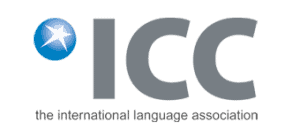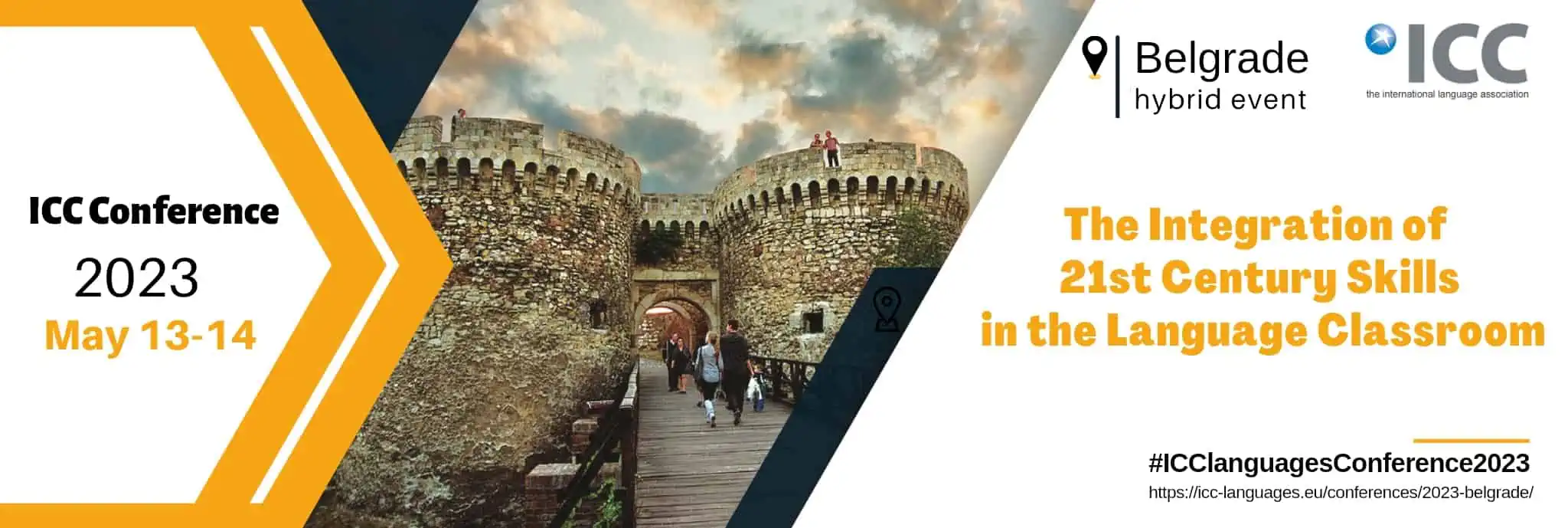The Intersection of Technology and 21st Century Skills in the EFL Classroom
Ines Boulahja (Tunisia)
Abstract
Technology in the English as a Foreign Language (EFL) classroom has limitless potential, yet it can also limit. Over the past few decades, a variety of educational technologies have been both celebrated and criticized. The integration of Information Communication Technologies (ICTs) has played a significant role in the shift towards infusing 21st century skills in language teaching. However, the connections between EdTech and 21st century skills in the EFL classroom, whether synchronous or asynchronous, have not been fully explored. This theoretical research paper aims to examine this intersection in-depth, defining the underlying constructs that unite technology and digital age competencies in teaching English as a foreign language. The paper sheds light on the overlapping interactions between communication, collaboration, creative thinking, problem-solving, metacognition, digital literacy, and the incorporation of ICTs in EFL instruction. By analyzing previous literature, the paper takes a step toward addressing the latent challenges of blending these skills and technology in the classroom.
Bio
Ines Boufahja is a doctoral student of Applied Linguistics and an instructor at the Higher Institute of Languages of Tunis, Carthage University. She holds a Bachelor’s degree in English Literature from the Faculty of Humanities and Social Sciences, Tunis University, and a Master’s degree in Applied Linguistics. Her research interests include e-learning, blended learning, and the integration of aids and technologies in the classroom. In 2017, she published a book chapter on the incorporation of audio-visual materials in the EFL classroom in Tunisia.
inesanissa1@gmail.com

